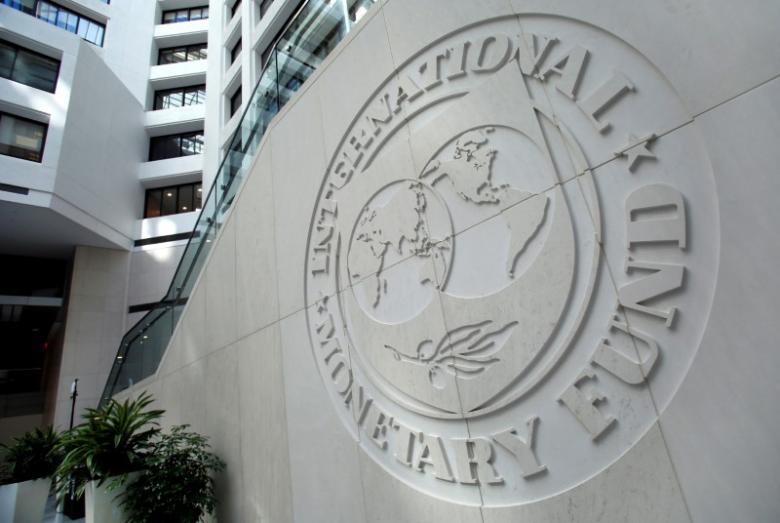Amman- Jordan has achieved substantial success in dealing with adverse shocks over the past several years, according to an International Monetary Fund (IMF) statement following the completion of the first review of Jordan’s economy.
The IMF attributed developments in economy to the authorities’ continuous efforts on the level of policies and reforms.
The statement pointed out to several challenges that continue to press the economy, including the increase of unemployment rate, regional conditions and the refugee crisis from Syria that continues to take a toll on public finances, investment, and the external current account.
The report added, “Despite these negative conditions, there are still indicators that the Jordanian economy performance regarding productivity and the individual share of income growth was underdeveloped even before the shocks.”
The IMF underlined the need for rethinking policies and the implementation of reforms to effectively boost investment and productivity.
In spite of lower growth in 2016, economic performance is expected to improve in 2017, it said.
It added that the expected improvement for 2017 and the coming years depends on the expectation that the regional environment does not deteriorate further, and on the implementation of the recent agreement with the European Union (EU) on the relaxation of the rules of origin for Jordanian exports.
“Looking into 2017, it is critical that fiscal reforms are implemented to support fiscal consolidation through revenue and equity enhancing measures,” the IMF report added.
